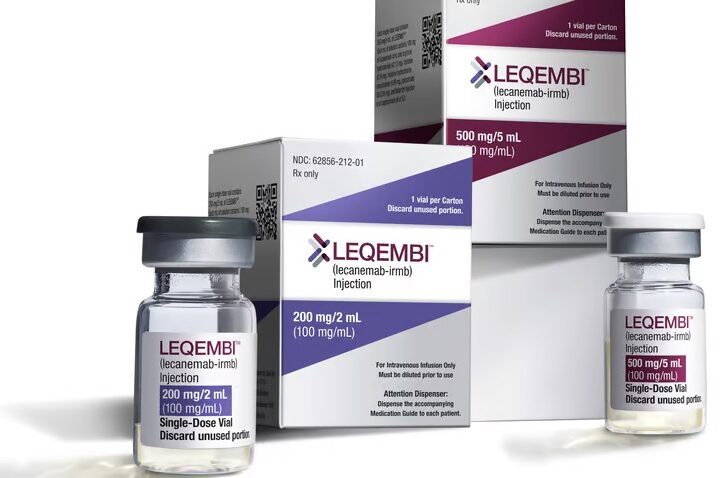In June, a patient enrolled in the Phase 3 clinical trial for experimental Alzheimer’s drug lecanemab experienced brain bleeds and later died. It is unclear whether or not the death is connected to the drug trial.
At the end of September, Eisai and Biogen announced that their experimental anti-amyloid drug lecanemab successfully slowed cognition in Alzheimer’s patients, according to data from the Phase 3 trials. This week, STAT News reported that a participant in the lecanemab trial passed away.
It is unclear whether or not the death is connected to the drug trial, but concerns were voiced by trial investigators that the patient experienced brain bleeds — a side effect of anti-amyloid drugs — and that these side effects may have been related to the patient’s death.
The trial investigator who initially flagged the death believed that the brain bleeds the patient experienced were related to the drug. Eisai and Biogen disagreed, citing that the patient had experienced multiple falls, a heart attack, a respiratory infection, and mini-stroke-like event.
The patient who died was also taking a commonly prescribed anticoagulant at the time. The circumstances of the death were investigated, and in July, a safety board overseeing the trial found that 3.1 percent of patients on anticoagulants in the study developed brain bleeds: five times more often than patients who weren’t taking these drugs.
Anti-amyloid Alzheimer’s treatments and brain bleeds
Brain swelling and inflammation remain a common side effect of anti-amyloid drugs. These brain bleeds — referred to as ARIA — affect some 12 percent of study participants, and are typically considered mild in that they do not cause any symptoms.
In the drugmakers’ previous anti-amyloid drug, Aduhelm, these abnormalities were more common, occuring in about 40 percent of participants. In the Aduhelm trial, it remained the case that the majority of ARIA cases were asymptomatic. However, it is yet unknown whether asymptomatic cases during the trial will have any lasting impacts for patients.
(In February 2024, Biogen took Aduhelm off the market indefinitely.)
It will be challenging to determine whether lecanemab directly contributed to the patient’s death, but the event is fueling a conversation about the safety risks linked to anti-amyloids and their side effects.
UPDATED: 3 March 2024, 8:45 P.M. ET. In February 2024, Biogen took Aduhelm off the market, citing financial concerns. Although the drug did receive accelerated, conditional FDA approval for the treatment of early Alzheimer’s disease in 2021, it is no longer available to new patients. The company announced it would sunset trials in May 2024 and cease supplying the drug to current patients in November 2024.




